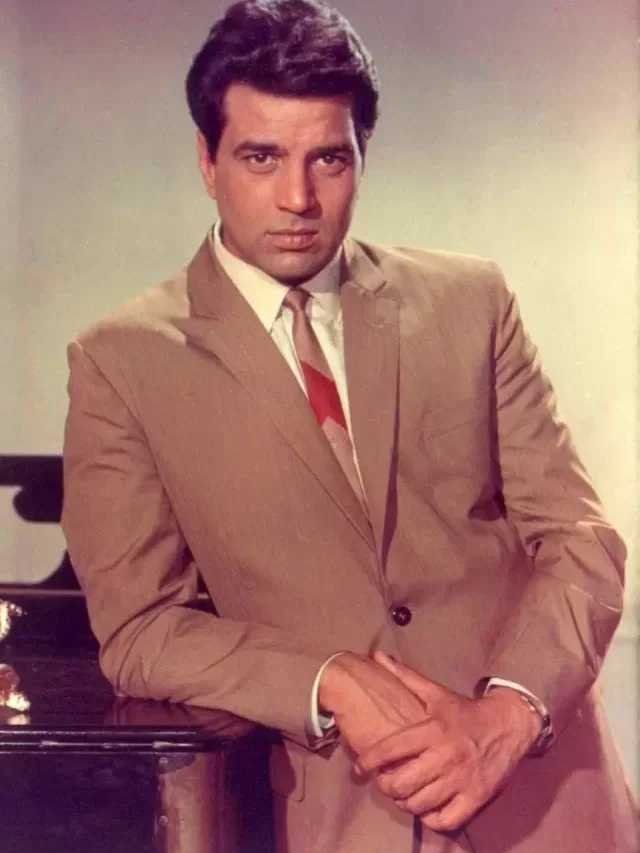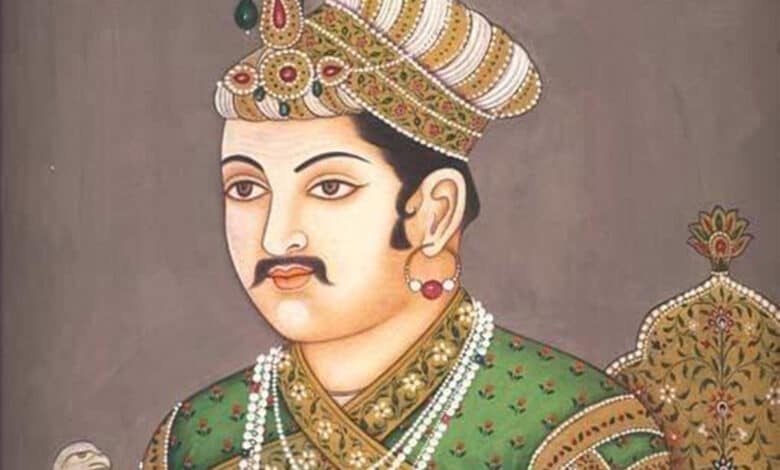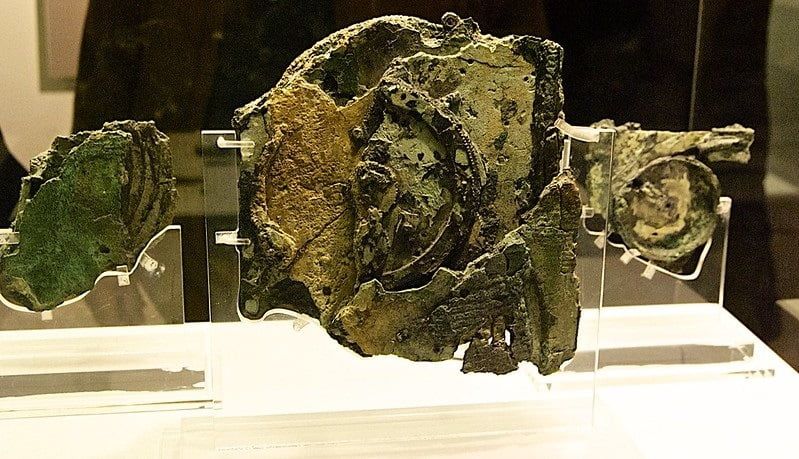Jalaluddin Muhammad Akbar who is popularly known as Akbar the great was a Mughal Emperor who ruled between 1556 and 1605. Taking over his father Humayun at a young age, Akbar the great emperor of India, expanded his Mughal domain with help of his regent, Bairam Khan. But there’s more to the history about Akbar’s empire. Read more interesting facts about Akbar the great and the Mughal empire greatest achievements further in the article.
Akbar The Great Emperor Of India
Do you know why Akbar was called the great emperor of India? It is because of his undefeated military campaign records that led to the expansion of the Mughal empire in the Indian subcontinent. His prowess in managing his military and other policies to acquire the land earned him the title of Akbar the Great.
Early Life Of Akbar
Akbar, the great emperor of India was born to Humayun and Hamida Banu Begum on 15th October, 1542 at the Rajput Fortress of modern-day Sindh. His full name is Abu’l-Fath Jalal-ud-din Muhammad Akbar. While his father Humayun was still in exile, Akbar was brought by Kamran Mirza and Askari Mirza, his paternal uncles in Kabul. His youth was spent running around learning to hunt and fight which moulded him into the strong, daring and brave warrior. But among all this, he never received schooling so he didn’t know how to read and write.
History about Akbar
Akbar was a descendant of the Turks, Iranians and Mughals. At the very young age of 13 years, Akbar became the governor of the Punjab region. Soon enough in 1556, Humayun, Akbar’s father died and the Mughal empire fell into chaos.
A Hindu minister even acquired Delhi, an important place for the Mughals. But on November 5, 1556, the Mughal forces recaptured Delhi, under the command of Akbar who was guided by his regent, Bairam Khan.
This became an important event after the succession of Akbar the Great on the throne of the Mughal Empire, which happened on 14th February, 1556. However, Bairam Khan took command in his hands until Akbar came of age.

How Many Wives Did Akbar Have?
Akbar the great emperor of India had a string of wives and consorts. The list of his wives, secondary wives and concubines totalled to be about 300. Among those, he had 36 main wives and 3 chief consorts.
- Ruqaiya Begum: First chief consort was Princess Ruqaiya Sultan Begum, the daughter of Akbar’s uncle, Hindal Mirza. She was his first wife, married Akbar when he was 9 years old. Their marriage was solemnized in Punjab when they reached the age of 14. She never had a child with Akbar.
- Salima Begum: Another one of the three chief consorts of Akbar was his cousin, Salima Sultan Begum. She was the daughter of Babar’s daughter, Gulrukh. She was Akbar’s third wife, a great poetess too. She was involved in Mughal politics as well. Like Ruqaiya Begum, she too didn’t bear any children. However, she was regarded as the senior wife.
- Jodha Bai: Born as Harka Bai and widely known as Jodha Bai, Mariam-uz-Zamani was the fourth and favourite wife of Akbar the great. She went on to be the most influential in Akbar’s Harem. Akbar regarded her as the most beautiful woman to ever exist. She was Raja Bharmal’s daughter who was the ruler of Ajmer. Jodha Bai’s marriage with Akbar in 1562 is considered an important event in the history of the Mughals since she gave the empire their heir, Salim, along with other two sons, Hassan and Hussain.
Also read about Jahangir, the eldest son of The Great Akbar and the Jodha Bai.
Death of Akbar
Akbar, the great emperor of India, is said to have died on 27th October, 1605. He suffered a serious attack of dysentery which led to his death. He was buried near his favourite wife, Jodha Bai’s tomb in Sikandra, Agra.
Mughal Empire Greatest Achievements
Under Akbar’s reign, the Mughal empire greatest achievements are recorded below:
- He supported religious tolerance and removed the Jizya tax imposed on non-Muslim by earlier rulers.
- Akbar was a ruler who heard the voice of his citizens. The was known as Diwan-e-Aam.
- Under his reign, marriage registration was made compulsory and he established a minimum age for girls and boys to be married.
- The systems of land revenue and Mansabdari were first introduced in his empire.
- The Mughal empire under Akbar was most open to religious diversity and other practices usually opposed by his predecessors.
- Akbar banned child and cousin marriages.
Facts About Akbar The Great
Below are some facts about Akbar the great emperor of India:
- Akbar was merely 13 when he was bestowed with the title of Shahenshah, the king of kings.
- Akbar remained illiterate all his life because he didn’t like to read or write, owing to his dyslexia.
- Akbar supposedly had around 5000 concubines.
- Akbar was tolerant of other religions.
- Akbar was a great hunter and usually went alone on his hunts.
Also Read- The List Of Mughal Rulers In India – The History Of Mughals And Mughal Empire
Conclusion
This was all about the grandeur and supremacy of Akbar, the great emperor of India. There even exists a biography of Akbar, Akbarnama. We hope you got precise yet fulfilling information about the life of Akbar. The Mughal empire was truly blessed to have such a ruler in its history.
For more related articles, Visit Discover












